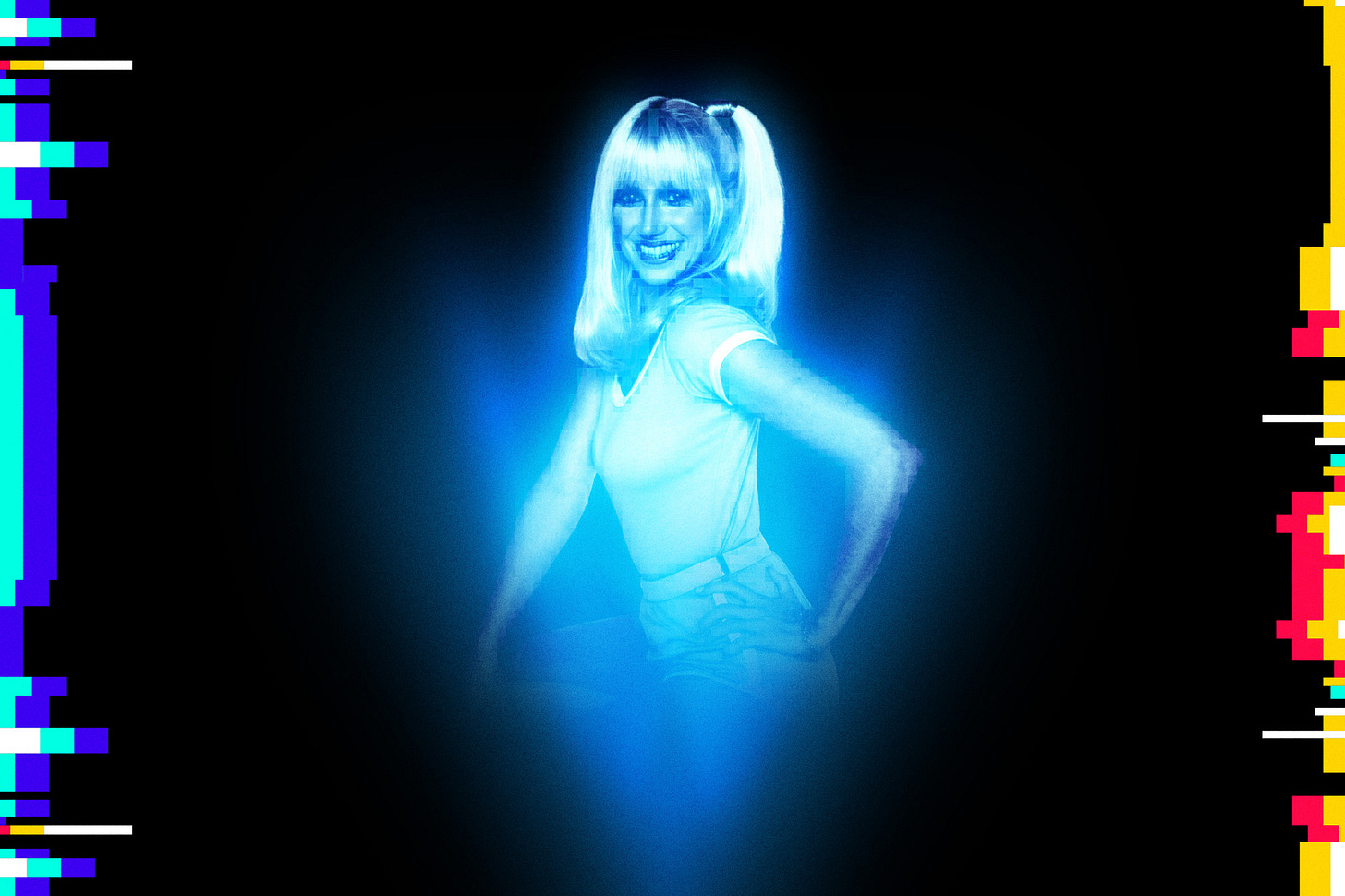Eternal Celebrities: A Multi-Billion Opportunity Coming
A shift in law means agents and managers must now act as estate planners as an endless career is within reach (if society can get over the ick factor)
Erik Barmack writes every other Tue. for paid subscribers. He recently wrote about OpenAI’s Ghiblification moment as a wake-up call for Hollywood; how AI fan fiction is entertainment’s next cash cow; and an AI animation app that should terrify studios.
Suzanne Somers’ appeal spans generations — from American Graffiti to her sitcoms Three’s Company, She’s the Sheriff and Step by Step to her prescient, proto-influencer role as a celebrity entrepreneur hawking the ThighMaster. She passed away in 2023 at the age of 76.
But in our AI Age, why let a little thing like dying get in the way of your career?
Late last month, Hollo, a conversational AI company, and Realbotix, which makes customizable humanoid robots, unveiled a version of the late actress. This synthetic twin is designed to mimic Somers’ voice, personality and facial expressions. It’s loaded with a database of her performances. Alan Hamel, her widower and partner in buying and popularizing ThighMaster, claimed that they discussed this kind of idea before her death.
Suzanne AI, though, isn’t just a private memorial. Hamel hopes it can appear in future projects, including new episodes of Three’s Company. In other words, Somers isn’t just being remembered — she’s being reactivated.
Do you find this a bit odd? Possibly revolting even? Well, it could be the future.
The Somers humanoid is both a pivot point and a great leap forward for celebrities and their after-death commercial opportunities. Unlike holograms or disembodied AI voice clones, this is an AI that talks back, that could confer with its team and insist on certain deal points in contracts on behalf of a personality who is no longer on our mortal coil. It could ask for Evian water before heading into certain meetings, though I am unsure of the robot’s water resistance.
This is both touching and troubling, legacy management infused with technological ambition. There are implications not only for stars but agents and managers, studios and audiences.
In this issue, I’ll tell you:
The legal change that inadvertently opened up possibilities for AI versions of dead celebrities
How the famous can now control how they live on
Why agents and managers could end up in charge of creating recurring revenue streams for estates — and themselves
The potential impact on reboots, original projects and working actors
What studios will love about working with AI talent
Where Big Tech fits into the ecosystem
How fans have reacted to revivified stars



